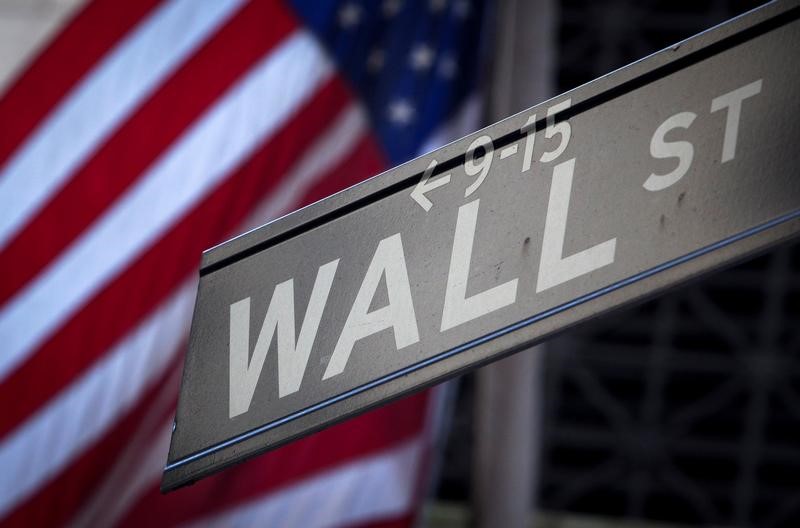By Tom Polansek
CHICAGO (Reuters) - A panel of U.S. appeals court judges sought answers on Thursday about how widespread spoofing is in U.S. financial markets and whether it represents an advancement in trading, as they considered whether to overturn the nation's first criminal conviction for the banned practice.
Three judges of the U.S. Court of Appeals for the Seventh Circuit, in Chicago, heard arguments from a lawyer for trader Michael Coscia, who is appealing convictions for spoofing and commodities fraud, and from a government lawyer fighting to uphold the conviction.
Their decision could set a precedent that affects how other U.S. traders are regulated because Coscia was the first to be criminally prosecuted under an anti-spoofing provision implemented as part of the 2010 Dodd-Frank financial reform.
Spoofing involves placing bids to buy or offers to sell futures contracts with the intent to cancel them before execution. By creating an illusion of demand, spoofers can influence prices to benefit their market positions.
In a separate case on Wednesday, a British trader, Navinder Sarao, became the second person convicted of criminally spoofing U.S. futures markets.
In November 2015, a jury convicted Coscia of using computer algorithms to quickly place large orders he never intended to execute into markets run by CME Group Inc (NASDAQ:CME) and Intercontinental Exchange.
During the appeals hearing, Judge Ilana Rovner asked whether Coscia had "created an entirely new way to manipulate the market."
She also asked whether the U.S. government was punishing Coscia "for being the first to build a better mouse trap," if his trading technique was new and different.
"It seems like all of these computer algorithms are just trying to outsmart each other," said Rovner, who participated in the hearing via telephone.
She said learning trading terms to consider Coscia's appeal was akin to learning a new language.
Another judge hearing the appeal, Daniel Manion, asked twice whether Coscia's trading technique was unique. He said it seemed Coscia was guilty "if you just go by the straight definition."
Coscia's lawyer, Michael Kim, of the law firm Kobre and Kim, said Coscia had not manipulated markets. Instead, he said, Coscia created an algorithm that worked in a way other traders had not anticipated.
Kim also said the U.S. anti-spoofing provision was cryptic.
Andrianna Kastanek, an assistant U.S. attorney, said the provision was not unconstitutionally vague.

The judges will decide later whether to overturn Coscia's conviction.